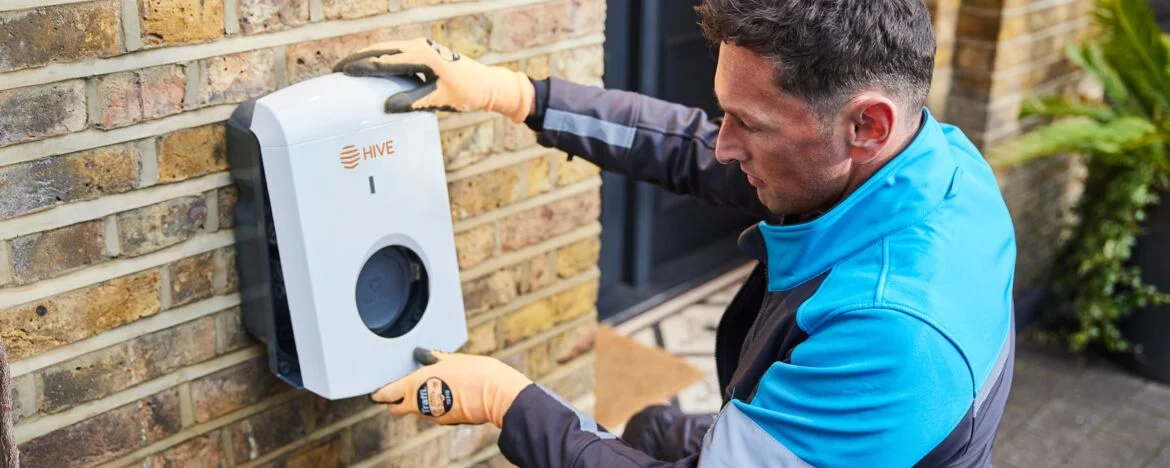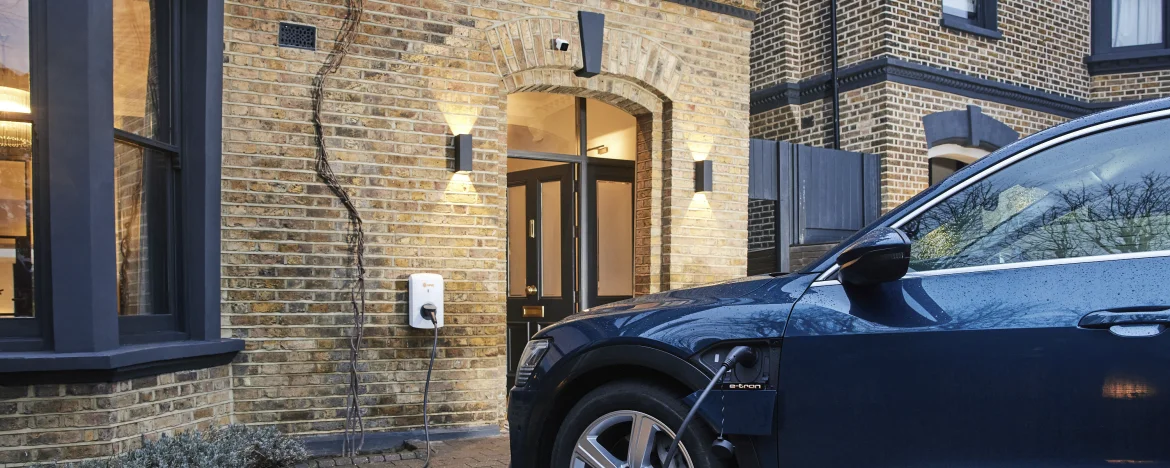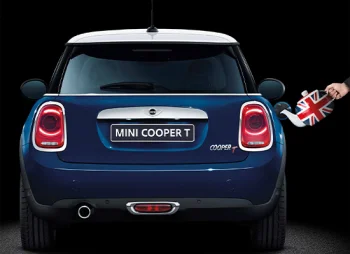Don't be worried about compatibility
The sheer amount of information around EV’s can seem daunting to those considering making the switch, particularly when considering what kind of charger you need. You may find yourself wondering what speed you need to make the most of your EV – but it’s simpler to make sense of that than it sounds.
It’s possible to charge your car on a regular, domestic 3-pin socket, but the power it provides is limited to around 2.3kW. To put it succinctly, less power equals slower charging!
Home charging units come at different speeds, but most have a typical delivery of around 7kW.
The 7kW home charger is compatible with most EV’s. It’s twice as fast as a domestic socket, delivering around 30 miles of electric charge per hour – which is ideal for any size battery. The speed at which it charges means you can generally use it any time of the day; ideal if you have a busy work and home life. None of us want our day to be dictated by when we can charge our car!
Of course, if you want a really speedy charger, one at 22kW is even faster. This comes at a cost, however – it requires a three-phase electricity supply, making it unsuitable for most EV owners.
Likewise, if you’re worrying about the pinch, don’t be tempted by the cheaper models of home charging units without doing your research first, because anything slower than 7kW will take 8-9 hours to complete a full charge. These models are only suitable for overnight charging on smaller EV’s – in which case, you may as well stick with the domestic 3-pin socket!






